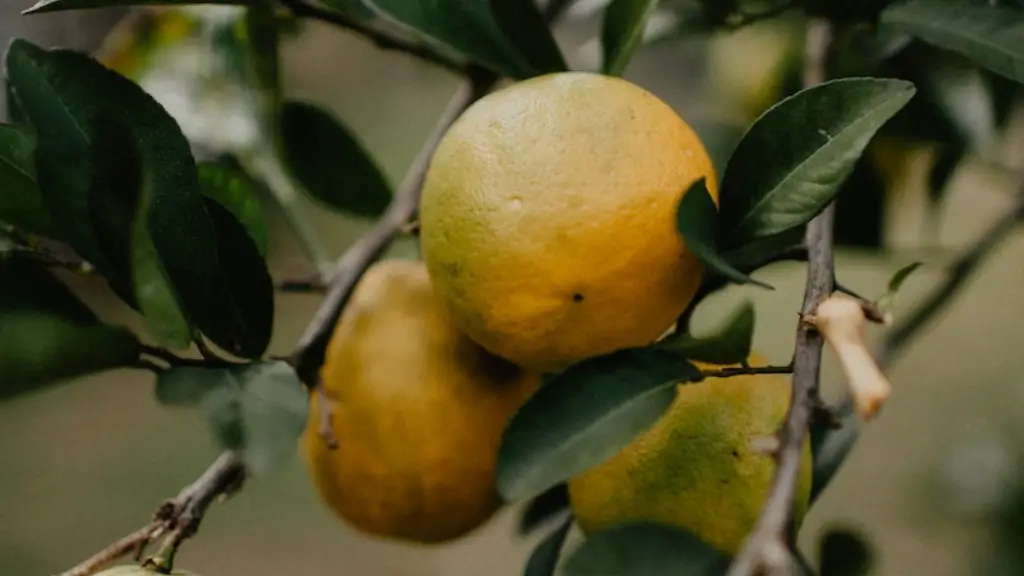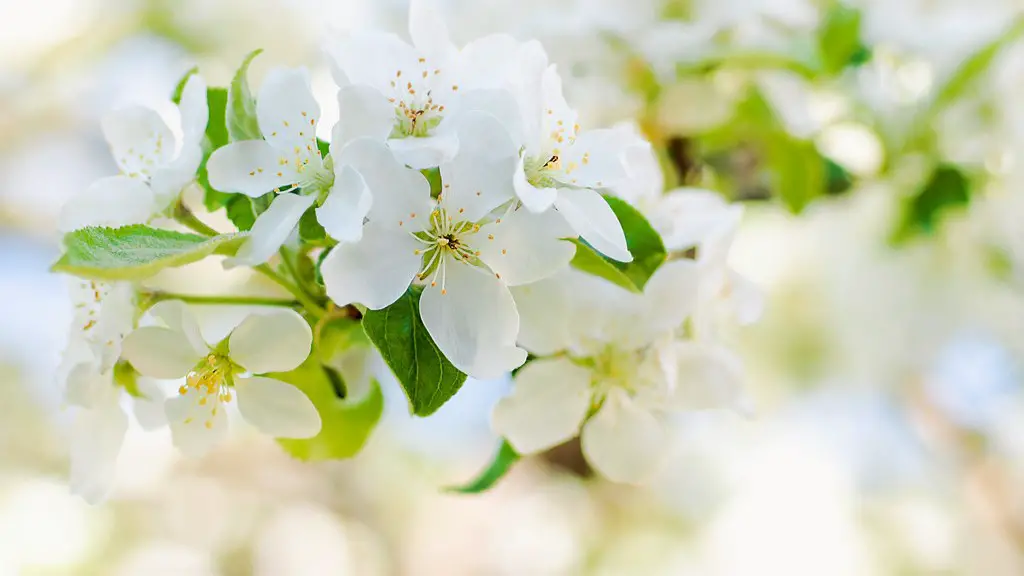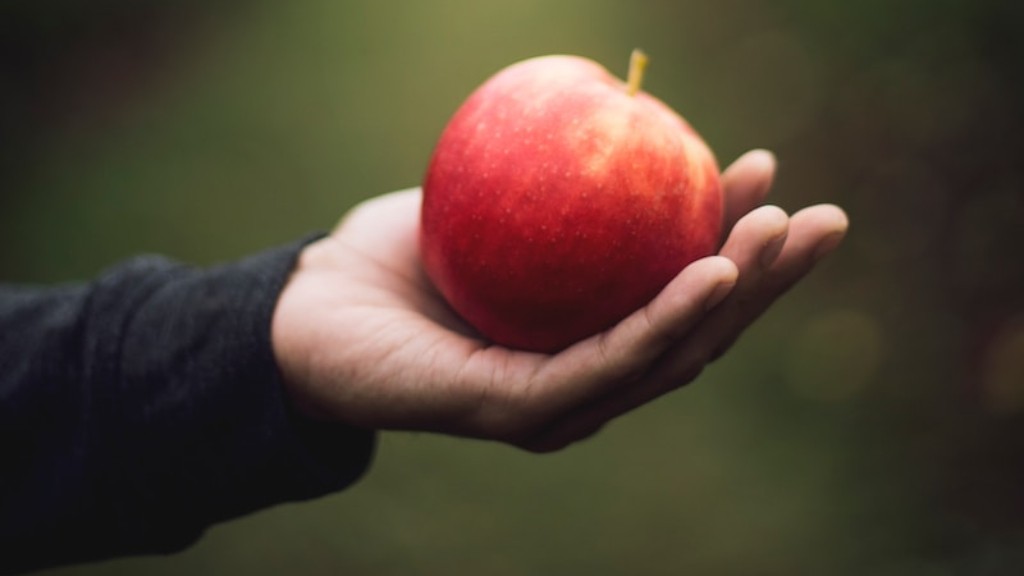Lemons are a popular fruit that is used in many different dishes. The lemon tree is a compact tree that can be grown in a pot. The lemon tree will need full sun and well-draining soil. The tree will need to be watered regularly. Fertilize the lemon tree every two weeks with a half-strength fertilizer. The tree will produce fruit in two to three years.
Adequate drainage is critical for lemon trees in pots, and they must have a well-draining potting mix. Be sure to use a container with drainage holes to allow excess water to escape. Water your lemon tree deeply, but allow the soil to dry out between waterings.
How big should a pot be for a lemon tree?
When choosing a container for your citrus tree, it is important to consider the size of the tree. For small trees, a 12-inch-diameter container is perfect. For larger, mature trees, you will need a pot that is double the width and at least 18 to 24 inches deep. This will give the roots plenty of room to grow and prevent the tree from becoming top-heavy.
Lemon trees can make great houseplants and can live for many years in containers. For the longest life possible, repot the tree into a larger container every one to one-and-a-half years. With proper care, your lemon tree can give you years of enjoyment.
Will a potted lemon tree bear fruit
Lemon trees grown in containers can still yield a large amount of fruit, though not as much as their outdoor counterparts. They can be expected to produce 80-100 lbs of fruit per year, which is still over 300 lemons.
Some of the best lemon tree varieties to grow in pots are Meyer lemons, Dwarf Eureka lemons, and Lisbon lemons. Meyer lemons are a hybrid of lemon and mandarin orange, and are known for their sweetness. Dwarf Eureka lemons are a compact variety that produces lots of fruit. Lisbon lemons are a tart variety that is great for making lemonade.
How do you maintain a lemon tree in a pot?
Potted lemon trees are a great way to enjoy the fresh, tart taste of lemons without having to maintain a full-sized tree. Here are a few tips on how to care for your potted lemon tree and keep it healthy and productive.
Watering is the most important aspect of caring for your potted lemon tree. The soil should be kept moist, but not soggy. Allow the top inch or so of soil to dry out before watering again. Fertilizing is also important, especially during the growing season. Use a citrus fertilizer and follow the directions on the package.
Pollination is necessary for lemon trees to produce fruit. If you live in an area with bees, they will likely pollinate your tree for you. If not, you’ll need to hand-pollinate the flowers. This can be done by using a small paintbrush or cotton swab to transfer pollen from the stamen (the male reproductive organ) to the pistil (the female reproductive organ).
Finally, potted lemon trees will need to be pruned as needed. Pruning helps to encourage new growth and keeps the tree healthy.
Terracotta pots are a great way to grow orange and lemon trees in a sheltered, sunny spot. They do best in high humidity and should be watered around once a week in summer, using rainwater if possible.
Is a lemon tree better in pot or ground?
This is a description of the Meyer lemon tree. Meyer lemons are a type of lemon that is smaller and less acidic than other types of lemons. The Meyer lemon tree is ideal for growing in a pot because it is a small tree that only grows to around two metres in height. This type of lemon tree can crop continuously throughout the year, with its main crop being produced in winter.
Lemon trees do best in terra cotta or unglazed ceramic pots with drainage holes. This type of pot promotes good drainage and helps prevent root rot.
Do lemon trees need full sun
Lemon trees are a fantastic low-maintenance plant that can do well even when grown indoors! As a citrus variety, lemon trees require full sun, which means they need about 6 to 8 hours of direct sunlight every day. If you’re growing them indoors, simply place them in front of a south-facing or sunny window.
There are seven common problems that affect lemon trees:Lesions on leaves – Citrus canker is the most likely cause of these lesions.Black moldy spots – Sooty mold is usually the culprit behind these black spots.Fuzzy gray mold and brown spots – Botrytis blight is the cause of these fuzzy gray spots.Tan spots with dark outlines – Anthracnose is the most likely cause of these tan spots.Brown scabs – Lemon scab is the most likely cause of these brown scabs.
How cold is too cold for a potted lemon tree?
Lemon, lime and citron trees are the least cold tolerant and will suffer at least some damage when tem- peratures drop below 25ºF. Early ripening varieties can also be planted, so that the fruit may be harvested before cold weather arrives.
However, you can help your lemon tree to produce more fruit by pollinating it yourself. This is easy to do with a small paintbrush. Just brush the pollen from the male flowers onto the female flowers.
Pruning is also important for indoor lemon trees. Pruning helps to encourage new growth and also helps to keep the tree a manageable size.
Can you put Miracle Grow on a lemon tree
This is an insecticide that can be used on fruit, citrus, and palm trees. It is important to follow the directions on the label to avoid harming the trees.
If your lemon tree is in a pot, you can move it indoors during cold weather. Be sure to bring it back outdoors gradually so it can acclimate to the change in temperature. If your tree is in the ground, you’ll need to take extra care to protect it from freezing temperatures. You can wrap the tree in burlap or put a tarp over it. You may also need to provide some form of heat, such as a heat lamp. Too many freezing nights can damage your lemon tree and decrease its likelihood of survival.
Are lemon trees toxic to dogs?
Lemons and lemon trees can be toxic to dogs if they consume too much citric acid. Symptoms of citric acid toxicity include GI upset and central nervous system depression. If your dog has consumed too much citric acid, contact your veterinarian immediately.
Most lemon tree growers need to water their potted plant once every 3-7 days. However, beware that the frequency with which you need to water your lemon tree may change over time. Factors such as plant size, temperature, and humidity can affect the frequency with which you need to water.
Do lemon trees need big pots
If the soil stays too wet in a large container, the young tree with a small root system may rot and die. A new citrus tree will grow fine in an 8-inch diameter container to start. Two to three year old trees will need a 10 to 12 inch diameter container.
Citrus trees in pots can be put outdoors in summer, in a sheltered sunny position, but only when temperatures increase, from mid-June until late September. Keep some fleece handy in case of sudden cold nights in early summer. Low temperatures will inhibit flowering and may cause damage or even death.
Final Words
Lemon trees can indeed live in pots. They may not produce as much fruit as those in the ground, but they can still survive and provide lemons for many years. Just be sure to provide them with plenty of sun, water, and nutrients.
Lemon trees are a type of citrus tree, and as such, they need full sun and well-drained soil to thrive. While it is possible to grow a lemon tree in a pot, it is important to remember that the pot will need to be large enough to support the tree’s roots and the tree will need to be watered regularly. If you live in an area with cold winters, you will also need to bring the pot indoors to protect the tree from the cold.



